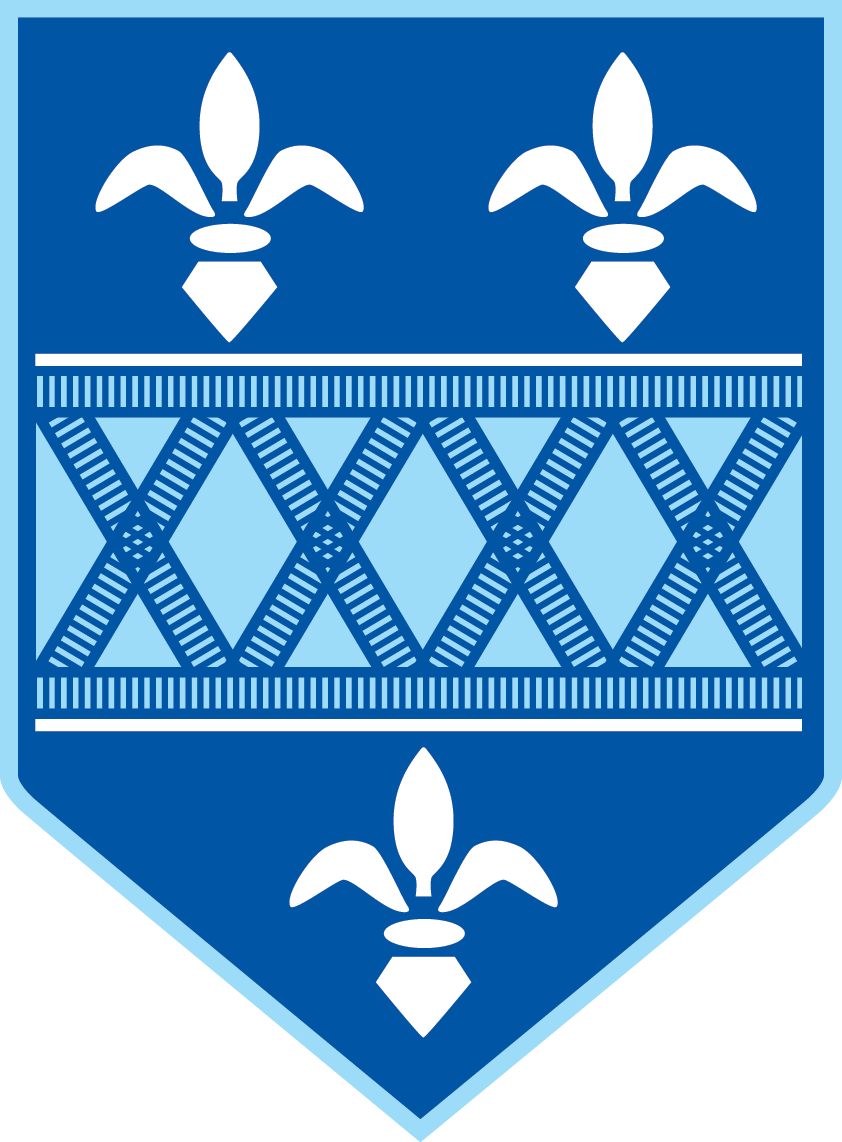Modern Languages
Curriculum Vision
We believe that every child can be a successful language learner.
Languages significantly improve our quality of life by opening up social and professional opportunities and broadening our understanding of the world. Through languages we become successful global citizens with a social conscience. They help us appreciate and celebrate our diverse cultural identities.
Our curriculum has a strong focus on mastery and communication, and our pedagogy is informed by current research into cognitive science and how our memory works.
In lessons, students build a strong understanding of phonics, vocabulary and grammar through a wide variety of engaging activities. They practise speaking, writing, listening and reading with the use of accessible materials and through teaching tailored to the students’ individual needs.
The faculty consists of experienced linguists from a range of cultural and professional backgrounds, which enables us to support and inspire our students. We want to empower students to become confident communicators and future leaders.
Students learn through topics which are related to their lived experience and the world around them and allow them to express their views and opinions. Examples include family, holidays, technology, healthy lifestyle and free time activities.
We strongly believe in the value of educational visits and extra-curricular activities as a way of engaging students with the wider cultural benefits of language learning.
We have well established exchanges with schools in Germany, Spain and France.
We celebrate European Day of Languages by holding events for the whole school. The Year 7 Song Competition held at the end of the Summer Term is a celebration of the huge amount of learning which has taken place during the year and is something students often remember fondly in later years.
The limits of my language are the limits of my world.
Ludwig Wittgenstein
A video introduction to our languages courses in LPGS6 (our co-educational Sixth Form)

